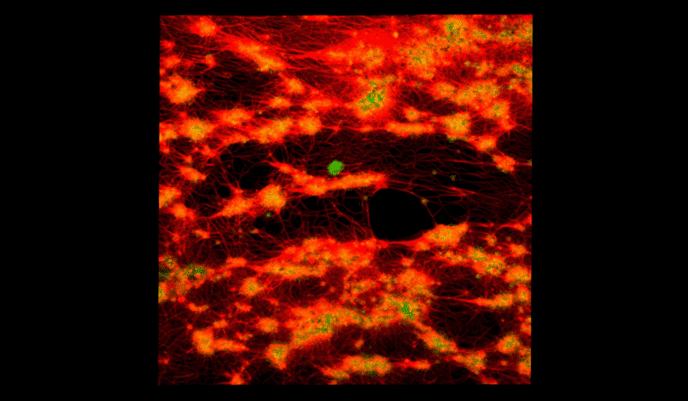A recent decision by the Federal Circuit limits the application of the “on-sale bar” and could be good for startups and other small businesses.
Under US patent law (35 U.S.C. § 102), an invention isn’t eligible for a patent if it’s been on sale for a year or more before the effective filing date of the patent application.
The US Supreme Court, in Pfaff v. Wells Electronics, Inc., said the sale had to be “commercial.”
In the new decision, The Medicines Co. v. Hospira, Inc., the Federal Circuit narrowed the definition of what a “commercial” sale means in the patent context.
The case involved Abbreviated New Drug Applications (“ANDAs”) for anti-blood-clotting drugs. The applications were filed on July 27, 2008.
The patent owner paid a contract manufacturer to do the actual manufacturing of the drugs. The first batch was made on October 31, 2006 — MORE than a year before the patent applications were filed.
Once manufactured, the drugs were placed in quarantine pending FDA approval. The drugs weren’t made available for sale until August of 2007 — LESS than one year before the applications were filed.
MedCo, the owner of the patents, sued Hospira, a competitor, for patent infringement in 2010. Hospira argued that the on-sale bar was triggered when MedCo paid the contract manufacturer to make the drugs.
The court disagreed, concluding:
that, to be “on sale” under § 102(b), a product must be the subject of a commercial sale or offer for sale, and that a commercial sale is one that bears the general hallmarks of a sale pursuant to Section 2-106 of the Uniform Commercial Code.
And:
the mere sale of manufacturing services by a contract manufacturer to an inventor to create embodiments of a patented product for the inventor does not constitute a “commercial sale” of the invention.
Takeaway
This is good news for startups and small businesses that use contract manufacturers to create prototypes, samples, or other early versions of a product that are made, but not released to the public, more than a year before a patent application is filed.


